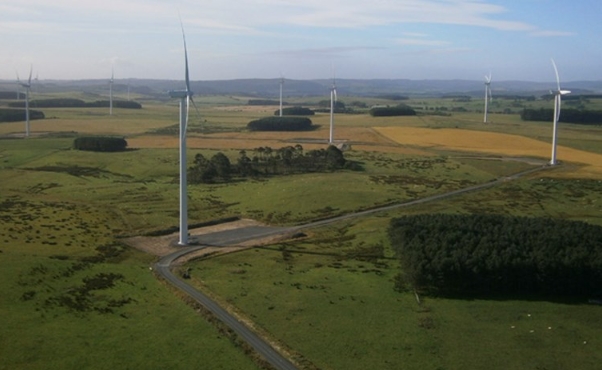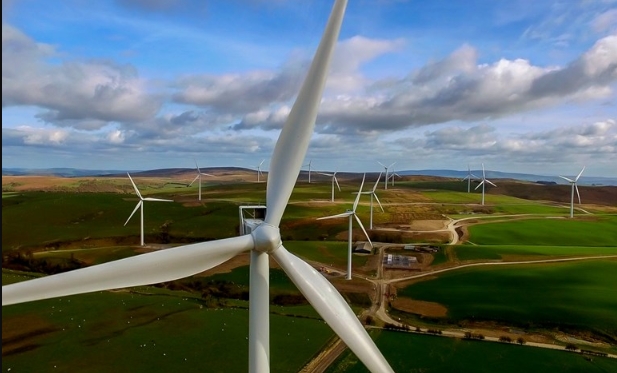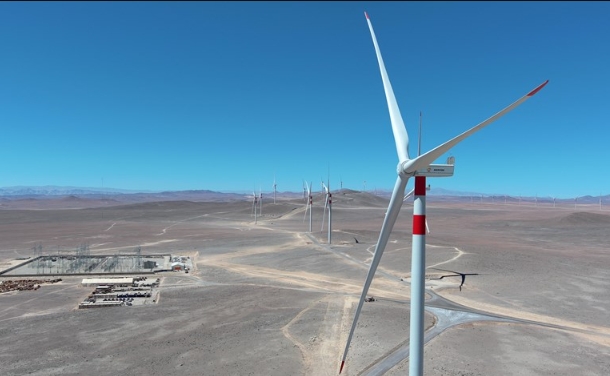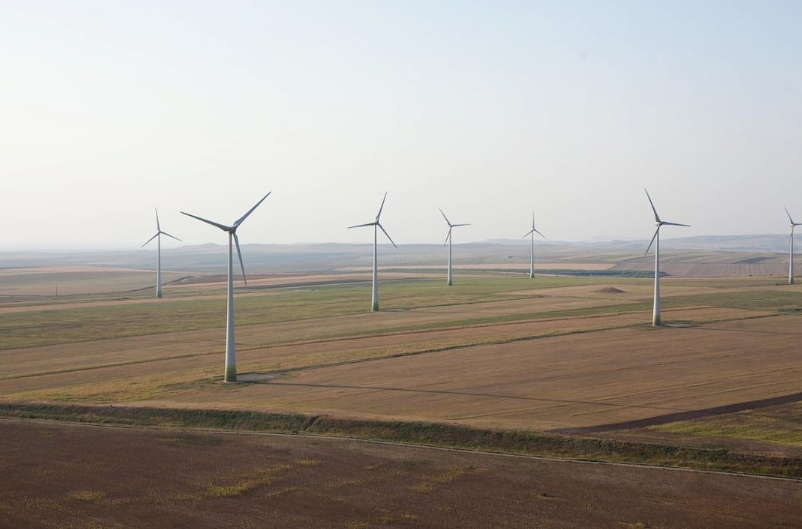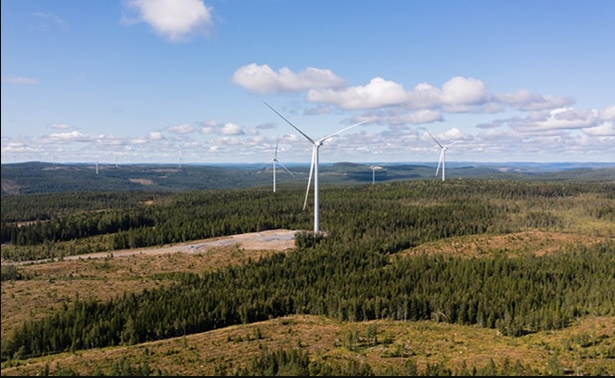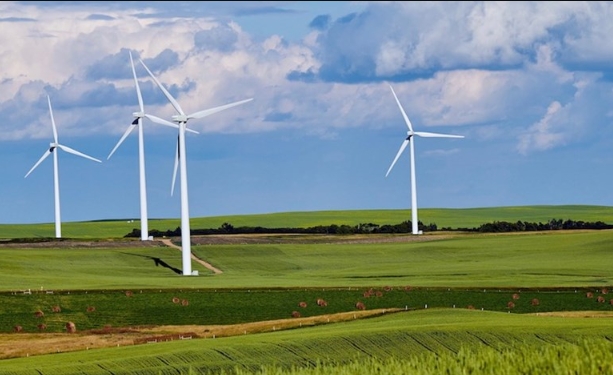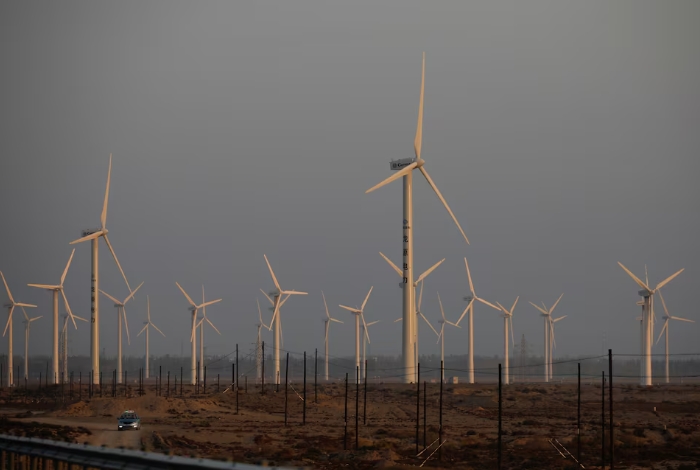
The production total was 25% more than during the same month in 2023, and helps extend China's dominant position as by far the world's largest renewable energy producer.
China's output total in March was more than twice the generation in the United States, the second largest wind producer, and nearly nine times more than produced in Germany, the number three producer.
However, the March tally may also be the highest for the year, as seasonal wind speed changes mean that China's annual peak for wind output typically occurs around March or April, before declining through the summer as wind speeds slow.
Nonetheless, the output record marks a new milestone for clean energy trackers, and ensures that China remains the leading driver of global clean energy output.
WIDESPREAD PROGRESS
China's wind power generation stems from several large wind installations across the country.
Some areas, especially Inner Mongolia in the north and Xinjiang in the west, host some of the world's largest wind farms, and account for the largest share of China's wind power output.
But the build-out of wind generation capacity is taking place in all regions, resulting in a growing volume of clean energy in all major power-consuming regions.
And output in all provinces, including Guangdong in the south, Yunnan in the southwest, Anhui in the east, and Heilongjiang in the northeast, have recorded close to record high production totals so far in 2024.
That widespread rise in wind output has helped push wind power's share of China's total electricity generation steadily higher, to an average of 11.4% during the first quarter of 2024 from 9.6% during all of 2023, according to Ember.
That share compares to around 62% for coal and around 12% for hydro, and so cements wind power as China's third largest source of electricity.
Solar power grabbed a roughly 6% share of China's total electricity generation in 2023, and will likely expand that share in 2024 thanks to continued increases in solar generation capacity in the country.
Solar power will also play a critical role in boosting electricity generation during the summer months, when overall power demand in China is at its highest due to rapidly rising use of air conditioners.
But wind farms will likely remain the most important source of renewable power in China for the foreseeable future, due in large part to their ability to produce electricity even when the sun doesn't shine, and from locations spread throughout the country and often close to major demand centres.
Further growth in domestic wind power generation capacity is also expected throughout 2024 and beyond as part of Beijing's ambitious plan to reach carbon neutrality by 2060.
That means even higher wind power generation totals can be expected going forward, ensuring that China will retain its position as the global wind sector leader.
